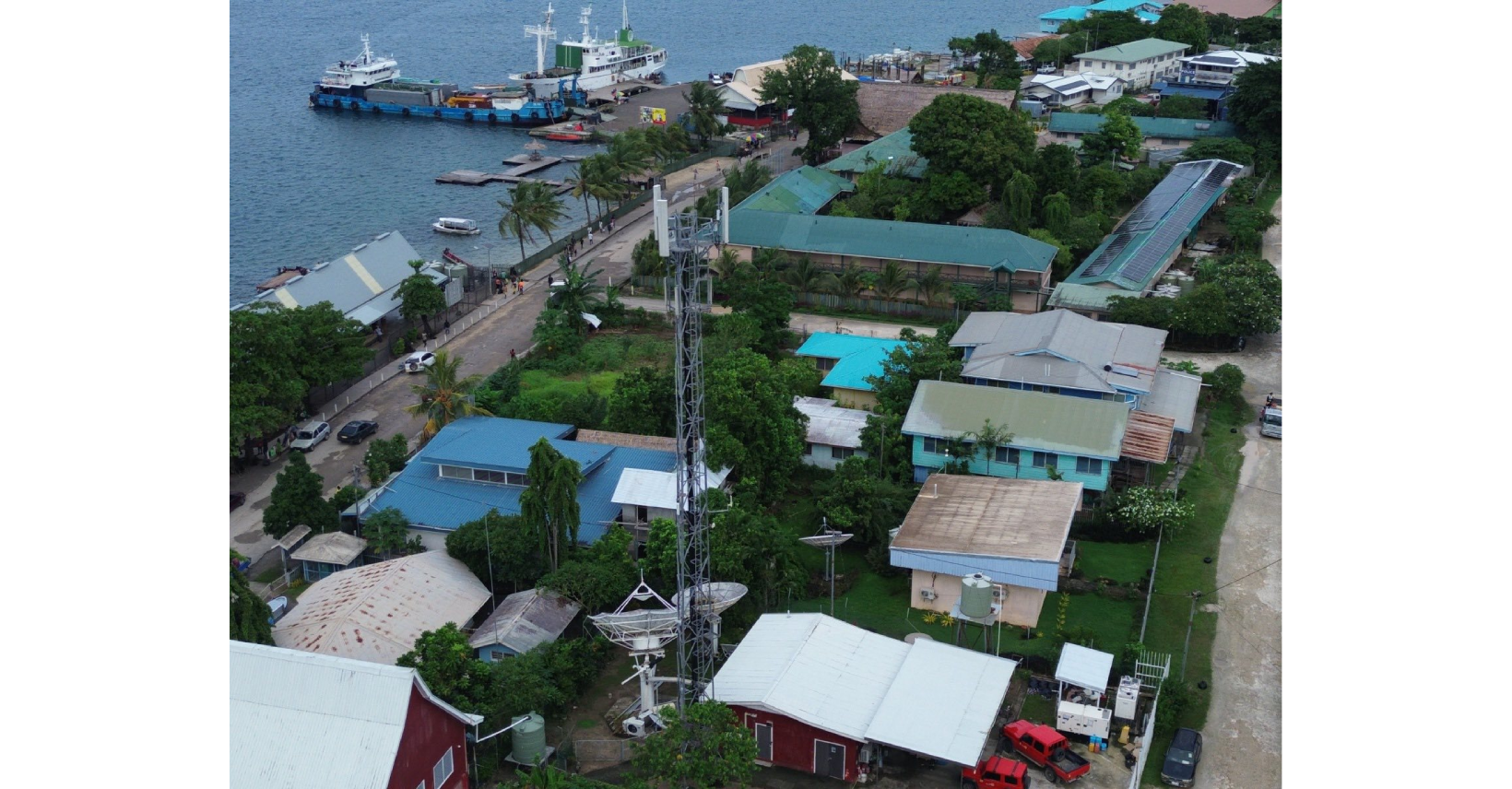BY JOHN HOUANIHAU
Solomon Islands is expecting a modest economic growth rate of 2.5% in 2024, followed by 2.8% in 2025.
Masafumi Yabara IMF de mission chief for the Solomon Islands said that the drivers are the fishing, mining, manufacturing, and construction sectors.
In terms of inflation, Mr Yabara told local media during a press conference that inflation will remain stable.
“We expect 3.4% inflation in 2024 and 3.9% in 2025. On the fiscal, the fiscal deficit is projected at 3.1% of GDP in 2024 and 3.3% in 2025,’’ he said.
He said that this reflects the continued spending pressure, including on payroll and investments to advance the government’s priorities as well as the externally financed infrastructure projects.
“We also note that the government’s cash buffers have been significantly depleted. And it poses a liquidity risk to the government. On the external front, we expect that the current deficit will be smaller in 2024, but widen to 7.7% of GDP in the next year. As economic activity gains momentum,’’ said Yabara.
He said that over the medium term, Solomon Islands expect around 3% of growth annually.
“This is moderate, given the rapid population growth in the Solomon Islands and the growth outlook has been constrained by declining local activity,’’ he said.
He said that the urgent priority now is to diversify the economy through addressing some government’s weaknesses in the economy so both fiscal and current deficit would persist in the medium term.
“On the risks, we expect that the economy remains subject to downside risks. In particular, we see that in the past few years, the budget was not fully implemented, as the government faced some shortages in money. So, they had to cut some spending. So, we expect that the same thing could happen again next year,’’ he said.
Mr Yabara said this could adversely affect the country’s economy.
“Of course, the Solomon Islands remains subject to, remains vulnerable to climate change, and natural disasters. And also, the commodity price volatility in the global market including driven by the possible intensification of regional conflicts in the world,’’ said Yabara.



